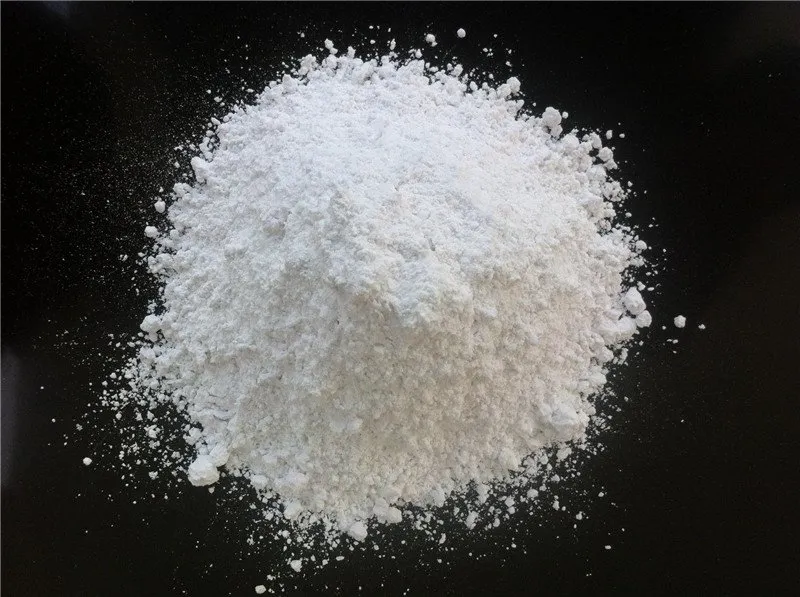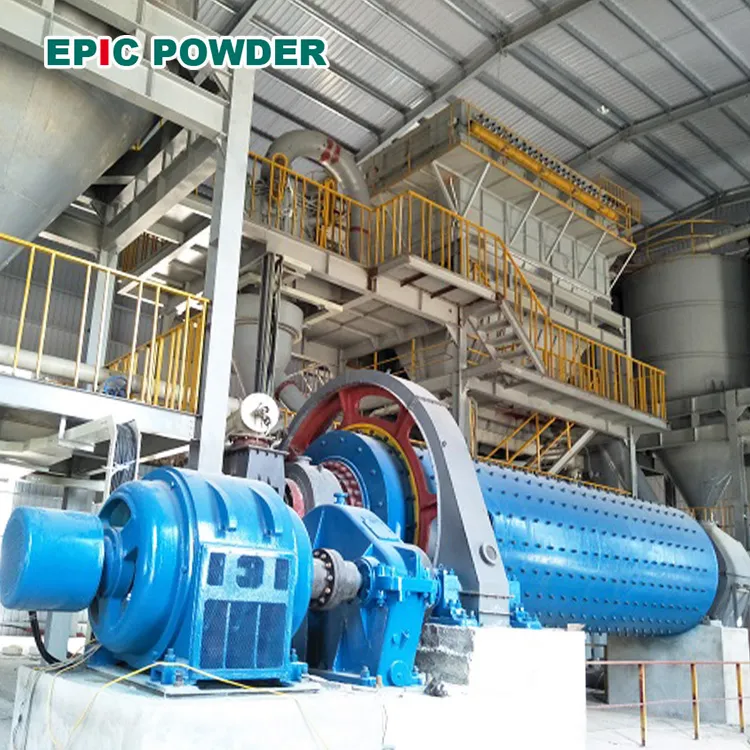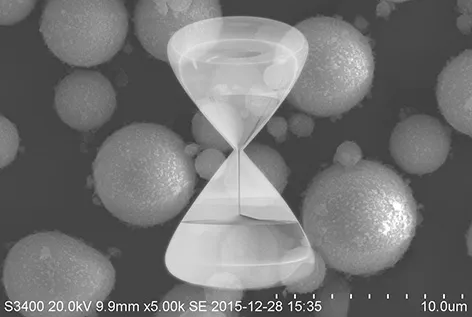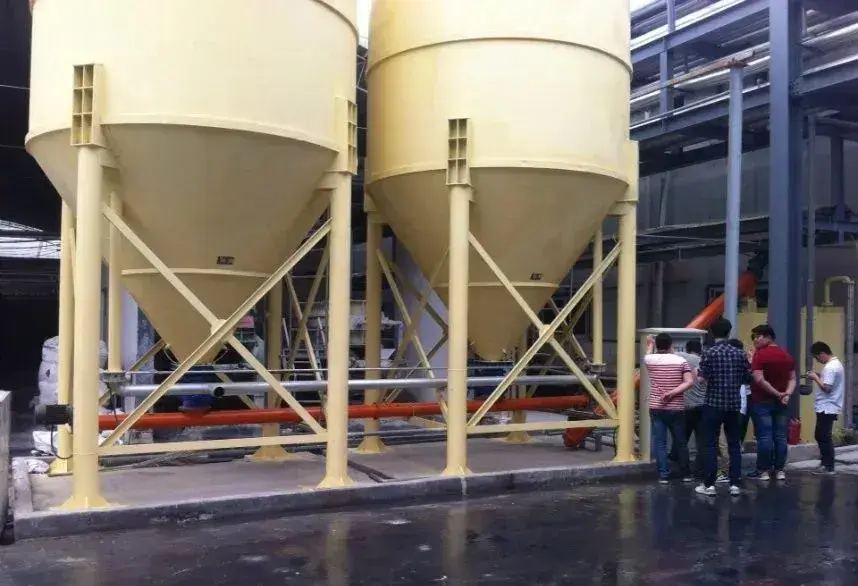Light calcium, heavy calcium, activated calcium carbonate, what are the differences in their composition, properties ? Under what circumstances in each industry, which one is more cost-effective?

Heavy Calcium
Heavy calcium is short for heavy calcium carbonate. It is made by grinding natural carbonate minerals. Sources include calcite, marble, and limestone. It’s a common powdered inorganic filler. It has high chemical purity and great stability. It’s chemically inert and rarely reacts. Stable under heat, no decomposition below 400°C. High whiteness and low oil absorption. Low refractive index and soft texture. Dry, crystal water-free, with low hardness. Low abrasion, non-toxic, odorless, tasteless. It disperses well in various systems. Available in different particle sizes as needed. Options include normal, ultrafine, or wet-milled grades. Surface-modified ultrafine heavy calcium is also offered.
Application fields of heavy calcium
Heavy calcium is widely used in many industries. It’s applied in paper making and plastics. Also used in plastic films and chemical fibers. Common in rubber, adhesives, and sealants. Used in daily chemicals and cosmetics. Applied in building materials and coatings. Found in paints, inks, wax, and putty. Used in wax sealing and felt packaging. Also used in pharmaceuticals and food. Found in chewing gum, chocolate, and feed.

The role of calcium
Increases product volume and reduces cost. Improves processing performance like viscosity and rheology. Enhances vulcanization properties in rubber processing. Improves dimensional stability of final products. Provides reinforcing or semi-reinforcing effects. Enhances printing performance and clarity. Improves physical properties like heat resistance. Boosts matting, wear resistance, and flame retardancy. Increases whiteness and product glossiness.
Light Calcium
Light calcium is made from limestone by calcination. Limestone is burned to quicklime at high temperatures. Quicklime is hydrated to make lime milk. CO₂ is bubbled in to form calcium carbonate. Light calcium is also called precipitated calcium carbonate. Abbreviated as PCC or light calcium. CO₂ reacts slowly with Ca(OH)₂ in water. The result is calcium carbonate with low density. It has very small particle size. Surface is rough and uneven during reaction. This gives it a large specific surface area.
Light calcium application areas
Light calcium is widely used in many industries. It’s applied in paper, plastics, and films. Also used in chemical fibers and rubber. Common in adhesives and sealants. Used in daily chemicals and cosmetics. Applied in construction materials and coatings. Found in paints, inks, wax, and putty. Also used in sealing wax and packaging. Used in medicine, food, and animal feed. Found in chewing gum and chocolate. Increases product volume and reduces cost. Improves processing like viscosity and rheology. Enhances vulcanization and flow behavior. Improves product dimensional stability. Provides reinforcing or semi-reinforcing effects. Boosts printing performance and clarity. Improves heat resistance and matting. Enhances wear, flame resistance, whiteness, gloss.
Light calcium has smaller particle size than heavy calcium. It has higher oil absorption than heavy calcium. Light calcium is more expensive than heavy calcium. Both are common fillers in latex paint. Best performance comes from using both together. Light calcium settles better in the formulation. But its oil absorption is higher than heavy calcium. Price is generally higher than heavy calcium. Though less stable, it still has good stability. Widely used even in exterior wall paints.
Activated calcium carbonate
The production process of activated calcium carbonate is roughly the same as that of light calcium carbonate, but the conditions should be strictly controlled in the carbonization process to generate fine calcium carbonate particles, which are then surface treated with an activator.
Characteristics of active calcium
- Appearance: white powder, non-toxic, odorless, non-irritating, non-flammable, non-explosive, low refractive index, easy to color, insoluble in water, stable in air.
After activation treatment, the product has a changed molecular structure, uniform particle size distribution, strong hydrophobicity, large filling volume, etc. It also has excellent lubricity, fluidity, dispersibility and organic properties. - It has strong intermolecular affinity with rubber and plastic, and the filling volume can be 2-5 times to several times more than ordinary calcium carbonate, and the overall production cost is significantly reduced.
Application of active calcium
- In plastics, it can improve the dimensional stability, hardness and rigidity of plastic products. Improve the processing performance of plastics and the heat resistance and astigmatism of their products.
- As a filler in rubber, it can increase the volume, reduce costs, improve processing performance and vulcanization performance.
- In papermaking, it can be used as a filler for paper, a white pigment for coated paper, a filler for calcium plastic paper, etc.
- As a filler in coatings, it can play a skeleton role, so it is called “body pigment”. In oil-based coatings, the filling amount can reach 10-50%. In water-based coatings, the filling amount can reach 10-20%.
conclusion
Choosing the right calcium carbonate depends on balancing performance, cost, and application needs. Light calcium offers fine particles and better dispersion, ideal for high-performance products. Heavy calcium provides cost-efficiency for bulk use with moderate property demands. Activated calcium enhances compatibility and strength in composites. By understanding each type’s characteristics and matching them to processing and end-use requirements, manufacturers can achieve optimal results in quality and efficiency.
epic powder
Epic Powder, 20+ years of work experience in the ultrafine powder industry. Actively promote the future development of ultra-fine powder, focusing on crushing,grinding,classifying and modification process of ultra-fine powder. Contact us for a free consultation and customized solutions! Our expert team is dedicated to providing high-quality products and services to maximize the value of your powder processing. Epic Powder—Your Trusted Powder Processing Expert !

